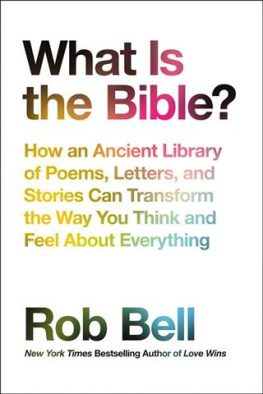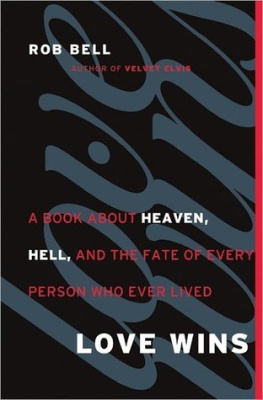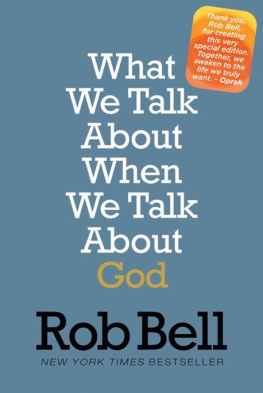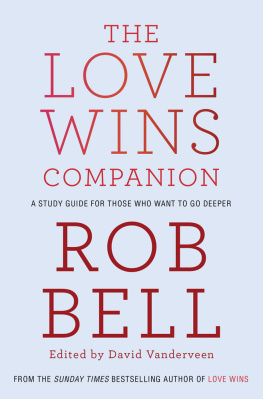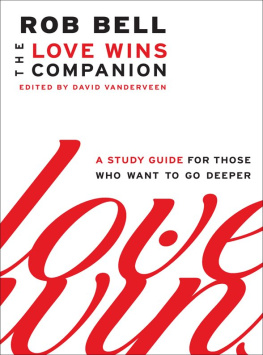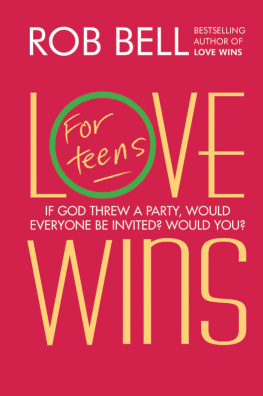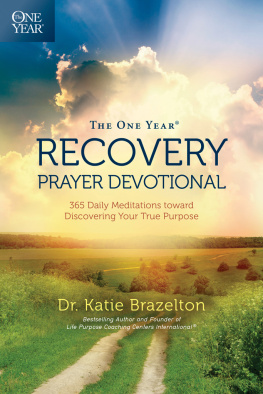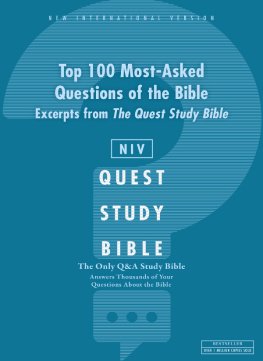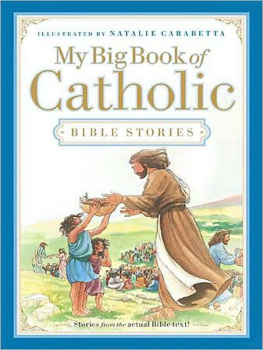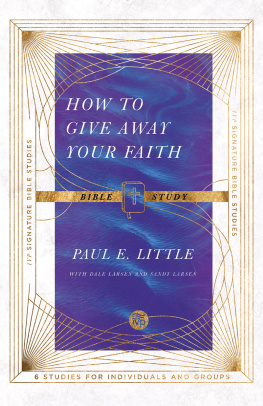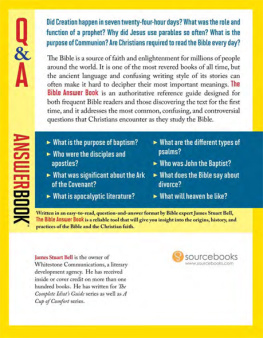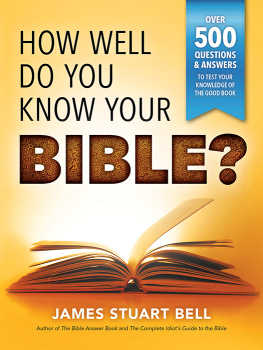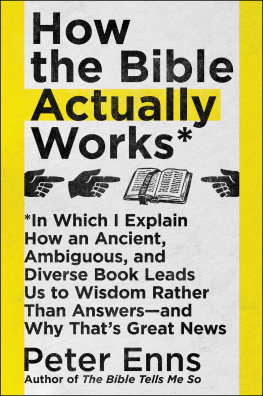To begin with, a bit about where this book comes from.
When I was in my early twenties, I gave my first sermon. I was hooked. I decided right then and there that I was going to give my life to reclaiming the art of the sermon.
I loved giving sermons.
I still do.
More than ever.
And sermons, I understood at that point, are something you give from the Bible. So I went to seminary, and I studied Greek and Hebrew (the two languages the Bible was originally written in), and I studied history and hermeneutics and exegesis and form and textual criticismall so I could give better sermons.
Eventually I got a job in a church, and I started giving sermons weekly. And then one day something happened that changed everything.
I had just given a sermon, and I was standing around afterward talking to people when a man named Richard walked up to me and said,
You missed it.
What? I asked him. What did I miss?
He then proceeded to rattle off a seemingly endless list of things that were happening in the story from the Bible that I had just given a sermon about. Background and hints and meaning and innuendo and humor and tension and history. The more he went on, the more I realized how right he was: I had missed it.
And then he said,
You know, Jesus was Jewish.
What? Jesus was Jewish? I said. I imagine youre laughing at this point because thats so obvious, and yes, I did know that Jesus was Jewish. But not like Richard knew it. Something about that one obvious line set off an explosion within me.
Richard went on to say that Jesus lived in a first-century Jewish world of politics and economics and common stories and inside jokes, and the more you knew about that world, the more he and his message would come to life. Richard began dropping by my office with photocopied articles by people Id never heard of explaining mikvahs and taxation rates and ketubahs and who Shammai was and who Hillel was and why that matters. Richard introduced me to friends of his who invited me to eat with them while they would discuss and debate and laugh and riff on the Bible for the sheer joy of it. And they knew their stuff. It was staggering. I could barely keep up. They would point out insightful political commentary or subversive poetry or discrepancies in the text that were actually on purpose because the writer was doing something really clever just below the surface. Theyd take a verse or story Id heard people talk about, and theyd start discussing it and turning it on its head and pointing out all the depth and surprise and power I hadnt noticedit was like music they were dancing to.
This is in the Bible? I found myself continually asking. How did I miss this? It was like the Bible went from black and white to color, from two dimensions to three, or nine.
Gradually what I was learning began to make its way into my sermons and, more significantly, into my life.
And once you see, you cant unsee.
And once you taste, you cant untaste.
People started coming up to me after my sermons, sometimes visibly upset, asking,
How come Ive never heard any of this?! This makes so much more sense! This is so much more dangerous and interesting and provocative and timely and progressive and poetic and convicting and funny...
Over time I began to realize that what was happening wasnt just that I was learning new things about the Bible but that I was reading the Bible in a different way. A way that I hadnt been exposed to. Until now. And now there was no going back.
Which is why Ive written this book: I want to help you read the Bible in a better way because lots of people dont know how to read it. And so they either ignore it, or they read it badly and cause all kinds of harm.
Some people see the Bible as an outdated book of primitive, barbaric fairy tales that we have moved beyond. And so they ignore it, missing all of the progressive and enlightened ideas that first entered human history through the writers of the Bibleideas and ideals we still fall far short of, ideas and ideals that are still way ahead of our present consciousness and practice.
And then there are the folks who talk about how important and central and inspired the Bible is but then butcher it with their stilted literalism and stifling interpretations, assuming that it says one thing and if you just get that one thing, then youve read it well.
But you, I want you to read the Bible in a whole new way.
A few thoughts before we get rolling here.
First, the Bible isnt a Christian book. I say that because many people have come to understand the Bible as a book for a certain group of people to claim and own and then help them divide themselves from everyone else. But the Bible is a book about what it means to be human. And we are all, before anything else, human.
So if youre reading this preface wondering if this is another one of those religious books thats going to try to sign you up and convert you at the end, or its going to have all kinds of insider language for those in the know, this isnt that book. This is a book about a library of books dealing with loss and anger and transcendence and worry and empire and money and fear and stress and joy anddoubt and grace and healing, and who doesnt want to talk aboutthose?
Second, you dont have to believe in God to read the Bible. In fact, as youll see in these passages, the Bible is filled with people wrestling and struggling and doubting and shouting and arguing with this idea that there even is a god, let alone some sort of divine being who is on our side. If you have a hard time swallowing the god talk youve heard over the years, greatthis book is for you, because these are exactly the kinds of things the writers of the Bible are dealing with in their writings.
Third, this book is all over the place. Seriously, were going to jump from topic to topic and story to story and theme to theme, moving from poetry to history to parable to questions and rants. I did this on purpose.
There is an arc, a trajectory to this book. I am trying to take you somewhere specificbut with countless twists and turns. Ive arranged this book this way because this is how the Bible is. Yes, it does have an intentional arrangement to it, but there are so many moments when you find yourself thinking, Where did that come from?
Ive been reading and studying and exploring and rereading and rethinking and giving sermons from the Bible for twenty-five years, and I find it more compelling and mysterious and interesting and dangerous and convicting and helpful and strange and personal and inspiring and divine and enjoyable than ever.
So you can relaxtheres a good chance youre going to enjoy this.
And you may even find yourself thinking,
How did I miss this?
In the book of Deuteronomy chapter 34, we read that Moses
was a hundred and twenty years old when he died,
yet his eyes were not weak nor his strength gone.
A fairly straightforward verse, correct? Moses was old... and then he died.

